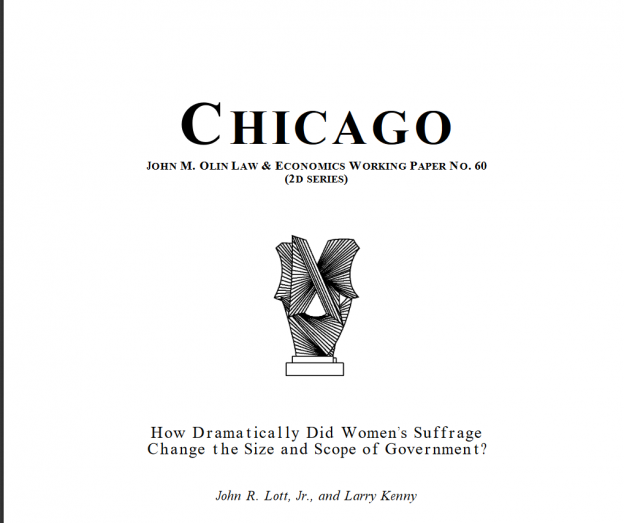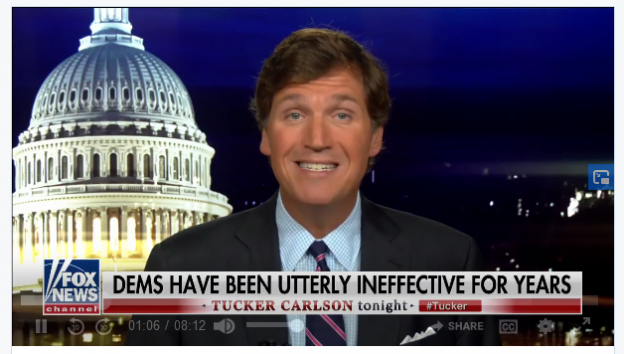A mild-mannered, conservative man and his wife were interviewed by CNN at the National Mall on July 4.
It looked like they could be closeted Trump voters. The telltale signs: Much to the irritation of the CNN reporter, the couple refused to say anything bad about the president and kept the discussion classy and neutral. In other words, white, typically nice; a middle-class, older American couple: the Trump cohort.
To the question, “Do you like the idea of big crowds here?”, the man apologetically replied: “I’m old and diabetic. I don’t want to die. Protect me with your actions.” He was not over 55, so not in the least “old.” Yet he had certainly been conditioned to think of himself as redundant.
In the youth-horsewhipping, silly society that is America, the man had reason to be afraid: Older people have been cast as nonessential livers. Remember the asinine Republican pol who proclaimed, “There are more important things than living”? Texas Lt. Gov. Dan Patrick (R) was directing his life-cherishing message to the older Trump voter. “Come on. Be a sport. Give it up for the greater good.”
Indeed, conservatives keep being dismissive about COVID. And when the older, at-risk age-group is mentioned, Republicans routinely imply they should self-isolate—and should certainly not expect anyone to wear a mask for them.
Hunker in-place if you’re over the hill.
Is anyone aware of the average age group of those doing cutting-edge COVID research?
Prognosticating about America’s 2020 election, The Economist notes the reason that “Donald Trump’s facing a much bigger task than he did in 2016″:
Mr Trump is being dragged down by the dramatic movement of older voters, horrified by the now-exploding spread of covid-19, away from him. Overall, Mr Biden’s vote margin has increased by about five points over Mrs Clinton’s final performance in 2016 among people who voted last time round, according to an analysis of YouGov’s data. Voters over 65 have led the charge; their vote margin for Mr Biden is six points better than Mrs Clinton’s was, whereas that of voters under 30 has not budged at all. White voters have also fled Mr Trump’s ranks in much larger numbers than voters of colour. Mr Biden is seven points ahead of Mrs Clinton’s position among whites, while Hispanics have moved six points towards Mr Trump (though they still overwhelmingly oppose him).
UPDATED (7/12/020): LinkedIn for some, but not others?
“LinkedIn is replete with political commentary and political commentators. Yet, here is an individual attempting to banish a perfectly proper inquiry (all inquiries are proper), echoed in an august news magazine. Other than his offense of censorship and cancel culture—why does said individual just not hang-out around motivational speakers like himself? Why silence others?
Already an attempt to censor me on https://t.co/r3GuHkeTBD, which is replete with political commentary and commentators. Yet, here is an individual attempting to banish a perfectly proper inquiry, echoed in an august news magazine. https://t.co/uPUnY6wgCX
— ILANA Mercer (@IlanaMercer) July 12, 2020




